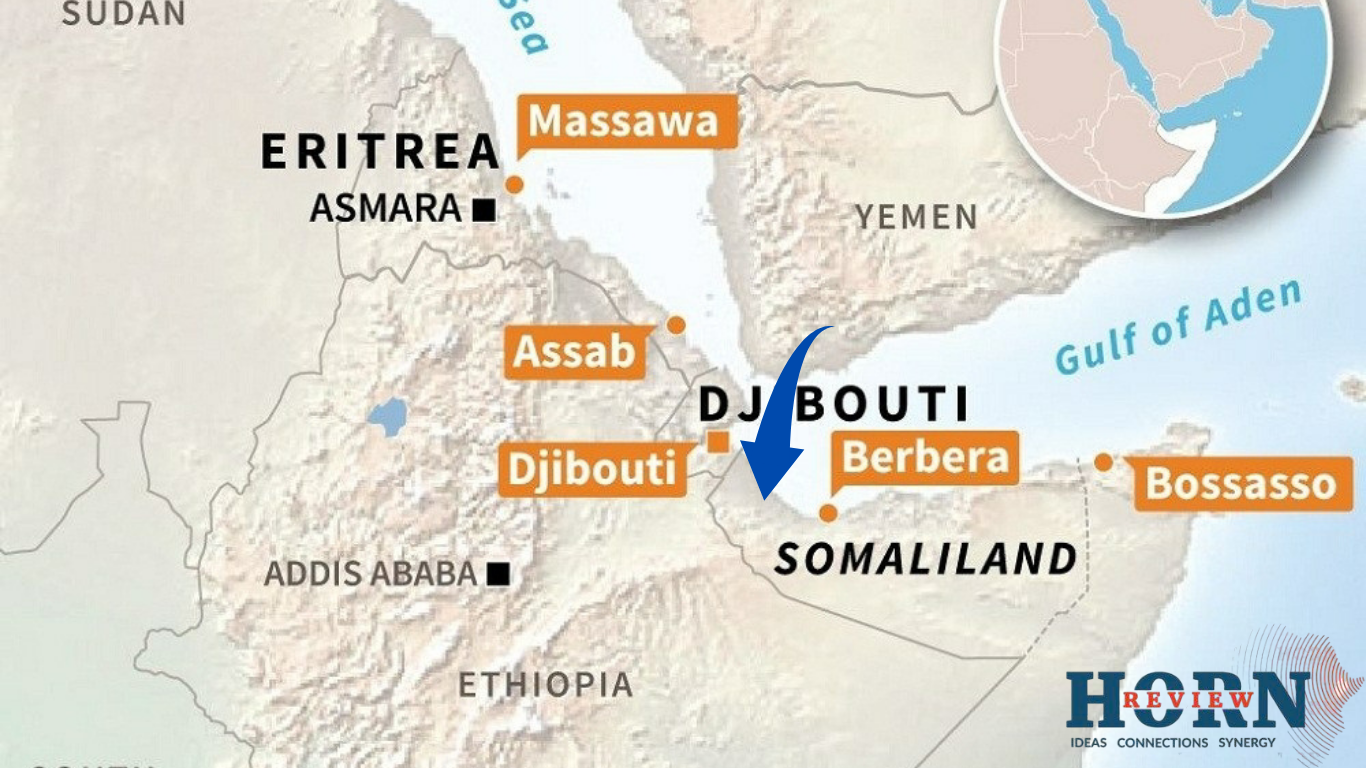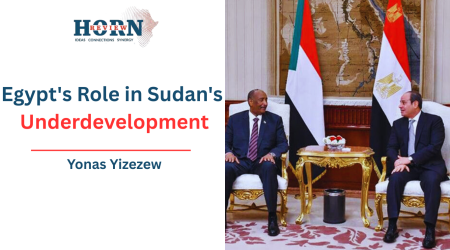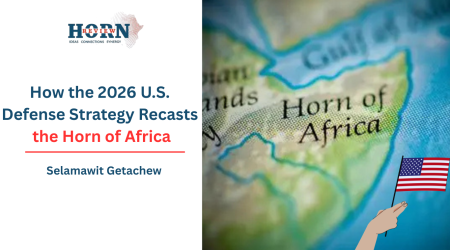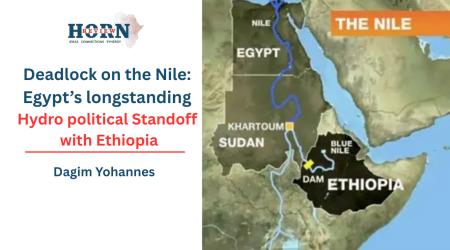
5
Jun
Zeyla Rising: Pragmatism and Rivalry in the Djibouti-Somaliland Port Partnership
In a development poised to subtly reshape the economic landscape of the Horn of Africa, Somaliland and Djibouti have formalized a partnership centered on port integration. While heralded as a cooperative endeavor, this alliance simultaneously reflects the intricate and at times competitive relationship between the two neighbors – whose overlapping ambitions and regional stakes inject nuance into the emerging collaboration.
This is not merely a diplomatic formality but a pragmatic alignment designed to harness maritime assets and bolster economic potential. Yet, the alliance must carefully navigate the delicate balance between mutual benefit and underlying rivalry.
The historic summit convened at Djibouti’s Red Sea World, the nucleus of its maritime operations, where Somaliland’s President Abdirahman Mohamed Abdullahi Irro and his delegation were officially received by Mr. Aboubaker Omar Hadi, Chairman of the Djibouti Ports and Free Zones Authority (DPFZA).
Far from a mere ceremonial exchange, this high-level engagement was marked by earnest deliberations on regional port integration. Both parties approached the dialogue with distinct – though occasionally divergent – objectives: advancing joint infrastructure projects, optimizing cross-border logistics, and deepening maritime cooperation, all while preserving strategic interests.
Djiboutian cabinet officials, including Minister of Infrastructure and Equipment Hassan Houmad Ibrahim and Minister of Communications Radwan Abdillahi Bahdon, joined senior DPFZA executives, underscoring Djibouti’s vested interest in the initiative. Their focus centered on revitalizing Somaliland’s underutilized ports – Zeyla, Toqoshi, and Bullaxar – while ensuring their seamless integration with Djibouti’s advanced logistics network. This effort, however, must carefully manage historical rivalries and sovereignty sensitivities.
Djibouti, long established as the Horn’s premier maritime hub, showcased its crown jewel – the Doraleh Container Terminal (DCT) – to President Irro’s delegation. The visit offered Somaliland an immersive glimpse into Djibouti’s cutting-edge port technology and operational scale, setting a formidable benchmark for future development.
Yet, the sophistication and capacity of DCT simultaneously highlight the disparities Somaliland faces in modernizing its own port infrastructure. Conversations naturally encompassed the challenges of harmonizing port standards and logistics systems – a technically essential but politically delicate process, given the ongoing contest for regional influence.
Establishing shared logistics corridors emerged as a strategic imperative, though such initiatives must delicately reconcile Somaliland’s aspirations for recognition with Djibouti’s desire to safeguard its preeminent regional position.
For Somaliland, a self-declared state seeking broader economic legitimacy, this partnership offers a pragmatic avenue toward international integration. However, it also risks creating a degree of dependence on Djibouti’s entrenched infrastructure and networks.
Conversely, Djibouti views the alliance as an opportunity to consolidate and extend its dominance in the Horn’s maritime trade. Incorporating Somaliland’s ports allows Djibouti to expand its strategic reach, optimize cargo throughput, and build resilience amid regional geopolitical uncertainties. Yet, this expansion requires deft diplomacy to manage latent mistrust and rivalry.
Thus, the partnership reflects a complex interplay of cooperation and competition. Both parties acknowledge their intertwined destinies, yet neither can afford to relinquish strategic advantage unconditionally.
Beyond physical infrastructure, the collaboration gestures toward broader ambitions in developing the region’s blue economy – including fisheries, marine tourism, and offshore resources. Pooling expertise and investment may unlock new economic sectors, though such progress hinges on cultivating trust and navigating entrenched political sensitivities.
Ultimately, the Djibouti-Somaliland alliance represents a nuanced recalibration within the Horn of Africa – rooted as much in pragmatic calculation as in aspirational vision. As these two actors engage in a cautious dance of partnership and rivalry, their evolving relationship will significantly influence the trajectory of regional trade and geopolitical balance.
The humming efficiency of the Doraleh Container Terminal stands both as inspiration and challenge for Somaliland’s ports. Whether this alliance evolves into a truly integrated maritime corridor or remains a tentative engagement shaped by competition remains to be seen.
As the Red Sea continues its timeless vigil, Somaliland and Djibouti tread a careful path – balancing ambition, pragmatism, and mutual suspicion – in a region where economic opportunity and geopolitical rivalry remain tightly interwoven.
By Samiya Mohammed,Researcher,Horn Review










